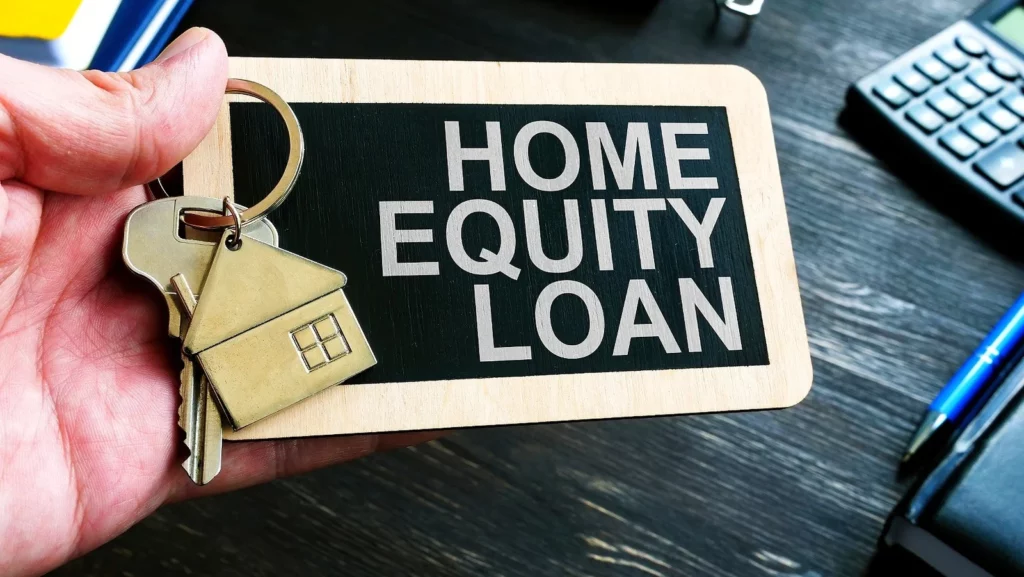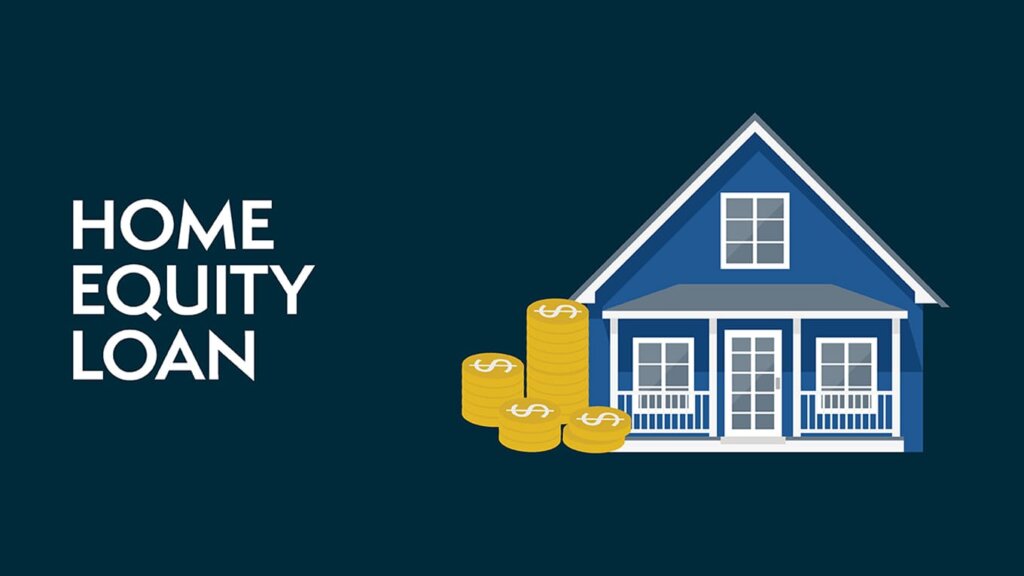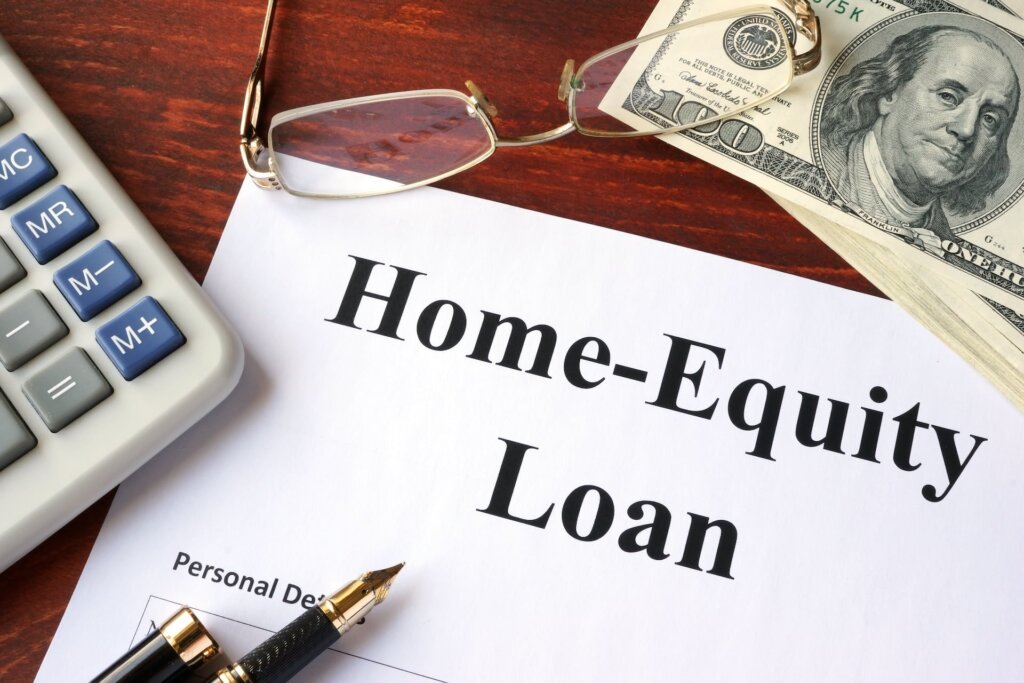If you’re wondering whether you can sell a house with a home equity loan in Vacaville, California, the short answer is: yes — you can. That said, the process has important financial, legal and market‑factors you must understand. In this article we will walk you through: what a home equity loan is, how it interacts with a sale, the steps you need to take in Vacaville’s market, what happens if you owe more than the home is worth, and specific things to watch out for in this locale.
What Is a Home Equity Loan?

Definition
A home equity loan (sometimes called a second‑mortgage or HELOC if variable) is a loan that is secured by the equity in your home. Equity = current market value of the property minus what you owe on existing mortgages.
How It Works
- Your lender allows you to borrow against the equity built up in your home.
- You receive a lump sum (for a home equity loan) or a line of credit (HELOC) and pay it back on a schedule with interest.
- Your home remains collateral: if you default on this second‑lien loan, the lender may have rights against your property.
Why It Matters When Selling
When you decide to sell your home, all liens and loans secured by the property must be satisfied (paid off) before or at closing. That includes the primary mortgage and the home equity loan. If you fail to account for the home equity loan, the sale can’t legally clear title.
Can You Sell a House With an Existing Home Equity Loan?
Yes — but with conditions
You can sell the property, but you must settle the home equity loan in conjunction with the sale.
What Happens to the Balance When You Sell?
At closing:
- The sale proceeds go first to pay off any existing senior mortgage.
- Next, the home equity loan (second lien) is paid off.
- Any remaining funds go to you (the seller).
Example Table – Payoff Process
| Sale Price | First Mortgage Balance | Home Equity Loan Balance | Other Closing Costs | Remaining Equity for Seller |
|---|---|---|---|---|
| $650,000 | $400,000 | $100,000 | $30,000 | $120,000 |
What If You Don’t Have Enough Equity?
If the combined debts (first mortgage + home equity loan) exceed the sale price, then you may be in negative equity. In that scenario:
- You may have to bring cash to the closing to satisfy the lien.
- Alternatively, you may pursue a short sale (if lender agrees).
- Or you could renegotiate the loan or even hold on until the market improves.
Steps to Take When Selling With a Home Equity Loan

Step 1: Determine Your Current Home Equity
- Get an updated market estimate of your home in Vacaville (e.g., recent comps, appraisal). The median home value in Vacaville is currently around $600K +.
- Subtract the outstanding balance(s) of your first mortgage and the home equity loan.
- If you still have positive equity, selling is more straightforward. If not, you’ll need to explore options.
Step 2: Contact Your Lender(s)
- Reach out to the lender that issued your home equity loan: ask for a pay‐off statement. It will show the exact payoff amount as of a date.
- Also contact your primary mortgage lender to get a payoff figure.
- Ask about prepayment penalties, lien release timing, and any fees associated with payoff from sale proceeds.
Step 3: List Your Home or Accept a Buyer
- As you list or negotiate with a cash buyer, make sure you disclose the second lien (home equity loan) to your escrow/closing agent.
- Ensure your sale is structured so that the closing process includes paying off the second lien.
Step 4: Closing – Pay Off the Home Equity Loan
- At closing: sale proceeds go through escrow. The closing attorney or escrow officer pays out the first mortgage, then the second, and then any residual funds go to you.
- If you owe more than proceeds, either you bring difference, or you use a short sale/other arrangement.
Step 5: Confirm Lien Release
- After closing, make sure the second lien (and first) is released from title. You should receive documents or see the public record updated.
- Keep copies of the payoff statement and release for your records.
What to Do If You Don’t Have Enough Equity to Cover the Loan
Short Sale Option
- A short sale means you sell the property for less than the combined lien balances, and the lien‐holder(s) agree to accept less than what is owed.
- You must get approval from the home equity loan lender and first mortgage lender.
- The process can be longer and may impact your credit or tax situation.
Negotiate With the Lender
- Sometimes the lender will accept a loan modification or settlement if you’re at risk of default.
- Explore deed‐in‐lieu, walk‐away strategies, or strategic default (with caution and consulting an attorney/CPA).
Hold the Property Longer
- If the market is soft and your home is worth less than you owe, waiting may be an option if you can afford the payments until market improves.
- Vacaville’s market shows signs of being more balanced rather than overheated.
- For more information on how to deal with negative equity, see Experian’s guide on negative equity.
How Selling With a Home Equity Loan Affects Your Finances

Impact on Credit Score
- Paying off the home equity loan as part of sale is positive (you satisfy debt).
- If you’re selling under short sale conditions, or defaulting, that could negatively impact your credit.
- For more information on how a home equity loan impacts your credit, see Experian’s guide on HELOC and credit scores.
Tax Implications
- When you sell, you may trigger capital gains tax if the profit exceeds the exclusion limits (typically up to $250K for single, $500K for married filing jointly for primary residence under IRS rules).
- If you paid off a home equity loan and losses occur, consult a tax professional about deductibility (non‐residential uses of home equity loans may not be deductible).
- For more details on the tax rules when selling your home, see the IRS guidelines on home sales.
Closing Costs & Net Proceeds
- In addition to paying off loans, remember closing costs: agent commissions (if listing with a realtor), escrow fees, title fees, and possible payoff penalties.
- Net proceeds = sale price – (first mortgage payoff + home equity loan payoff + closing costs + any other liens). Use a table to illustrate:
| Sale Price | First Mortgage Payoff | Home Equity Loan Payoff | Closing Costs | Net to Seller |
|---|---|---|---|---|
| $650,000 | $400,000 | $120,000 | $30,000 | $100,000 |
Challenges of Selling a Home with a Home Equity Loan in Vacaville, CA
Local Market Conditions
- In Vacaville, average home value is around $601,589, down ~1.4% year over the past year.
- Another source gives median sale price around $669,000 recently.
- With values relatively stable or slightly down, the market is more balanced: neither strongly favoring sellers nor buyers.
Potential Sale Complications
- If home value stagnates or declines while you owe a large home equity loan, you might face negative equity.
- Lenders for the home equity loan might be more cautious about short sale approvals (especially if second‐lien).
- Title/escrow process must include second lien pay‐off; any delay or error can hold up closing.
- Buyer might hesitate if home has multiple liens or unclear payoff arrangements.
Pre‐Sale Checklist to Avoid Pitfalls
- Verify exactly how much you owe on the home equity loan and whether payoff is straightforward.
- Confirm no other hidden liens (mechanics liens, unpaid HOA dues, tax liens).
- Obtain a market valuation or Comparative Market Analysis (CMA) in Vacaville to estimate likely sale proceeds.
- Consider consulting a real estate attorney or seasoned escrow/licensing professional to ensure all liens are handled.
- Prepare for the possibility you will not walk away with a large sum if debt is high.
Pros and Cons of Selling a House With a Home Equity Loan
Pros
- Debt resolution: You can eliminate the home equity loan and primary mortgage in one transaction.
- Speed: If you have sufficient equity and a willing buyer (especially cash buyer), you can close faster than a typical listing.
- Avoiding further payments: Selling ends your obligations on the second lien and prevents future interest accrual.
Cons
- Reduced liquidity: The home equity loan eats into your sale proceeds; you may get less cash than expected.
- Negative equity risk: If the home’s value drops below the total debt, you may owe money or need lender cooperation.
- Complex sale process: Multiple liens add complexity, may increase closing time and cost.
- Cost of pre‑sale payoff: Might face prepayment penalties, or other fees for early payoff of the home equity loan.
Key Considerations for Homeowners in Vacaville

Understanding Vacaville’s Home Values and Equity
- With a median value around $600K, many homeowners will have significant equity — but it depends on how much was borrowed and how much the home has appreciated.
- If you have borrowed a large home equity loan, your usable equity may be much less.
Local Market Trends That Impact Sale Strategy
- Because the market is somewhat balanced, you may not get large upward appreciation quickly; timing matters.
- Sell sooner rather than later if you foresee the market weakening or you anticipate an upcoming life‐change (job relocation, inheritance, etc.).
Best Time to Sell With a Home Equity Loan
- When your equity is positive and proceeds will exceed all loan pay‑offs plus closing costs.
- When you can present a clean title (all liens clearable) for a buyer, improving attractiveness.
- When you have a solid buyer or cash offer that reduces risk of sale falling through due to financing issues.
Frequently Asked Questions (FAQs)
Q1: Can I sell my house if I have a home equity loan in Vacaville?
Yes — you can sell, but you must arrange to pay off the home equity loan at closing.
Q2: What happens to the home equity loan when I sell the house?
The loan is paid off from the sale proceeds (after the primary mortgage) as part of the escrow closing process.
Q3: What if I owe more than the home is worth?
If your combined debt (first mortgage + home equity loan) exceeds the sale price, you may need to bring cash to closing, or the sale may need to be structured as a short sale—with lender approval.
Q4: How do I know if I have enough equity to cover the home equity loan?
Calculate: market value of your home minus outstanding mortgage(s) minus anticipated closing costs minus payoff of home equity loan. If result is positive, you have usable equity. If negative, you have a shortfall.
Q5: Do I need to inform my home equity lender if I decide to sell?
Yes — contact the lender for a payoff statement and to understand any conditions, penalties or required procedures they enforce upon sale.
Conclusion
Yes — you can sell a house in Vacaville, California, even if you have a home equity loan. What’s critical is to approach the process methodically: determine your true equity, contact your lenders, plan for the pay-off of the home equity loan at closing, and be clear on net proceeds and any risks (especially if you’re near or in negative equity). Given the current Vacaville market—where median values hover around $600 K and market conditions are moderate—being informed and strategic is especially important.
If you’re ready to move forward, Bay Area Home Offers can guide you through the process. We can help you obtain payoff statements, get a market valuation, and work with a competent escrow/closing agent familiar with multi-lien transactions. With the right preparation, you can confidently sell your home, have the home equity loan paid off, and move on to your next chapter.
Reach out to Bay Area Home Offers today to get started on your journey!

